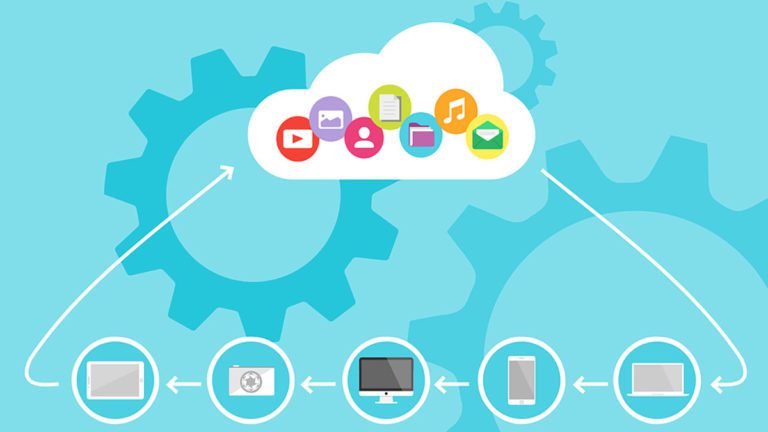In an age defined by data, organisations across industries are striving to unlock the value hidden within the information they generate. Business Intelligence (BI) has emerged as the cornerstone of modern decision-making, enabling companies to transform raw data into meaningful insights. With real-world applications ranging from improving supply chain efficiency to enhancing customer experiences, BI is no longer optional—it is essential.
Understanding the Role of BI
At its core, Business Intelligence involves collecting, integrating, and analysing data to support informed decision-making. This process is often powered by sophisticated tools such as Power BI, Tableau, and Qlik, which allow businesses to create dashboards, reports, and visualisations that make complex data comprehensible. The ultimate goal of BI is to provide actionable insights that can guide strategies, optimise processes, and drive innovation.
Real-World Use Cases Highlighting the Importance of BI
1. Enhancing Retail Operations
Consider a global retail chain struggling with excess inventory in some regions while facing stockouts in others. Using BI tools, the company can analyse historical sales data alongside real-time supply chain metrics to predict demand patterns. This insight enables them to optimise inventory levels, ensuring products are available where they’re needed most without overstocking. For instance, companies like Amazon use BI extensively to forecast demand and manage inventory across their vast logistics network.
2. Improving Customer Experiences in Hospitality
In the hospitality industry, customer satisfaction is paramount. Hotels like Marriott use BI to analyse guest feedback, booking patterns, and loyalty programme data. By identifying trends such as preferred amenities or popular travel seasons, these businesses can tailor their offerings to enhance guest experiences. A hotel might introduce personalised discounts for frequent travellers or upgrade in-room services based on customer reviews.
3. Driving Financial Insights in Banking
Banks rely on BI to manage risk, detect fraud, and improve operational efficiency. For instance, a bank might use BI to analyse transaction patterns and identify unusual activities indicative of fraud. Similarly, by integrating data from customer accounts, loans, and investments, BI can help banks offer personalised financial products, enhancing customer retention and increasing revenue.
4. Optimising Healthcare Delivery
The healthcare sector is another area where BI has transformative potential. Hospitals can use BI to analyse patient data, predict admission rates, and optimise staffing. For example, during the COVID-19 pandemic, many healthcare providers relied on BI dashboards to monitor infection rates, track resource availability, and ensure timely care delivery.
The Strategic Value of BI
Beyond these examples, BI delivers significant strategic value by enabling organisations to:
Identify New Opportunities: By analysing market trends and consumer behaviour, businesses can spot gaps and develop innovative products or services.
Streamline Operations: Real-time analytics provide insights into inefficiencies, allowing organisations to refine processes and reduce costs.
Gain Competitive Advantage: Businesses leveraging BI can respond more quickly to market changes, staying ahead of competitors who rely on traditional methods.
In today’s data-driven world, the ability to harness the power of information has become a competitive necessity. Business Intelligence enables organisations to navigate complexity, adapt to changing conditions, and thrive in an increasingly digital economy. By leveraging BI tools and techniques, businesses not only gain insights into their past performance but also chart a course for future success. As industries evolve and the volume of data continues to grow, the importance of BI will only increase, solidifying its role as the backbone of informed decision-making.



